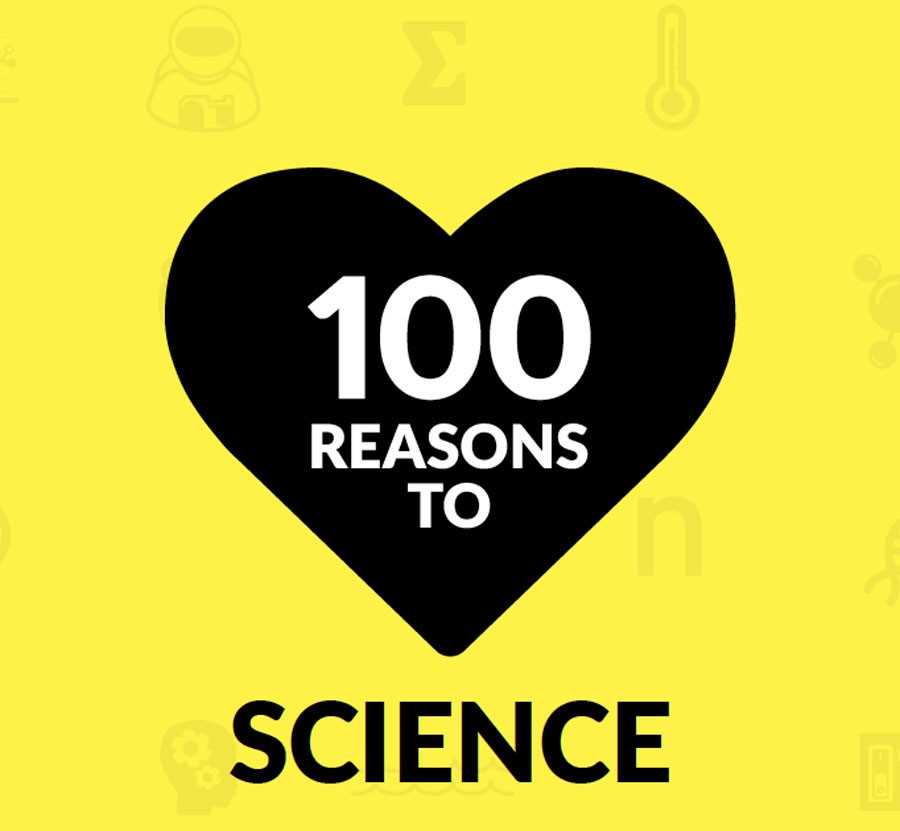Science occupies a unique and monumental position in human history. It is an enterprise of intellectual inquiry that transcends cultures and epochs, compelling us to question our existence, the universe, and the very fabric of reality. What, then, are the most compelling reasons to love science? Is it merely a repository of knowledge, or does it possess a sprightly charm that beckons us to explore? This article endeavors to elaborate on some of the most compelling justifications for an enduring affection for the scientific endeavor.
To commence, let us consider the intrinsic curiosity that science elicits. Humans are naturally inquisitive beings, fueled by an innate desire to comprehend the world around them. Science serves as a conduit for this curiosity, offering a plethora of unanswered questions and tantalizing mysteries. Each scientific inquiry, from the infinitesimal particles of quantum mechanics to the grandeur of cosmology, encourages us to ponder questions such as: What is dark matter? How do black holes form? Such inquiries not only inspire but also engender a sense of wonder and excitement, cultivating a love for the pursuit of knowledge.
Moreover, science is a testament to the power of critical thinking. It equips individuals with the skills necessary to analyze information, discern facts from fallacies, and develop sound reasoning. In an era inundated with information and misinformation, the ability to critically evaluate claims is paramount. Engaging with scientific methods teaches individuals to approach problems systematically. The process of hypothesis formation, experimentation, and analysis fosters a mindset that is resilient and adaptable, qualities that are invaluable in a rapidly changing world.
The advancement of technology is another profound reason to appreciate science. The marvels of modern civilization, from smartphones and laptops to medical breakthroughs and renewable energy sources, owe their existence to the relentless pursuit of scientific knowledge. Consider the revolutionary impact of vaccines in controlling infectious diseases. The process of vaccine development—rooted in microbiology and immunology—has saved countless lives and eradicated diseases once thought insurmountable. Such advancements propel humanity forward, illustrating that science enhances not only our understanding of life but also its very quality.
Science also uniquely fosters collaboration across divergent fields. Interdisciplinary research is rapidly becoming the cornerstone of groundbreaking discoveries. Fields such as bioinformatics meld biology, computer science, and mathematics to elucidate complex biological processes. This integrative approach not only broadens the horizons of understanding but cultivates a rich tapestry of ideas. By appreciating the interconnectedness of various scientific domains, we cultivate a love for the synergy that arises from collaboration, leading to innovative solutions to intricate problems.
Furthermore, the cultural and philosophical implications of scientific exploration cannot be understated. The scientific revolution redefined our epistemic boundaries, challenging anthropocentric views and reshaping our understanding of the cosmos. The Copernican model displaced the Earth from the center of the universe, compelling humanity to reevaluate its position within a vast and enigmatic expanse. The narrative of science constantly reshapes our worldview, harmoniously blending knowledge with existential contemplation, thereby instilling a reverence for the profundity of the universe.
On a more personal level, science invigorates the human spirit by stimulating creativity and imagination. Scientific inquiry often necessitates bold leaps of thought. Theories of multiverses, time travel, and nanotechnology serve as fertile ground for speculative thinking, inviting individuals to stretch their minds beyond the conventional. This interplay between creativity and scientific rigor cultivates a unique appreciation for innovation, leading us to marvel at the limitless potential of human ingenuity.
Another significant reason to cherish science lies in its role in addressing global challenges. Climate change, resource scarcity, and pandemics are among the foremost issues confronting humanity today. Scientific research offers not merely a toolkit but a beacon of hope in devising sustainable solutions. The concerted efforts of scientists capture our attention, reminding us that while challenges loom large, the quest for answers invariably kindles optimism. This proactivity in confronting global crises engenders a sense of responsibility, urging us to recognize science as a pillar of societal advancement.
Additionally, the democratization of knowledge through science deserves mention. The scientific community embraces principles of sharing and dissemination of knowledge, fostering a spirit of inclusivity. Open-access journals and collaborative research initiatives serve to ensure that scientific advancements are not confined to elite circles but are accessible to broader audiences. This democratizing force imbues science with the ability to empower individuals, shaping informed citizens who can contribute meaningfully to societal dialogues.
In the context of education, the role of science education is pivotal to nurturing future generations of thinkers, innovators, and problem solvers. Engaging students in scientific thought promotes a hands-on understanding of complex concepts and instills a passion for inquiry from an early age. This cultivation of scientific literacy is not only an asset to individuals but a boon to society, as it creates a populace equipped to navigate and influence the future.
Ultimately, the complexity of the human experience hinges on a myriad of factors, among which science shines brightly. As we traverse through the labyrinth of knowledge and inquiry, we discover that science is not merely an academic discipline; it embodies an ethos of curiosity, collaboration, and resilience. With every question posed and every challenge faced, science invites us to engage with the universe in profoundly meaningful ways. In embracing the scientific spirit, we foster a profound appreciation for not only its accomplishments but also its enduring ability to inspire generations to come.












